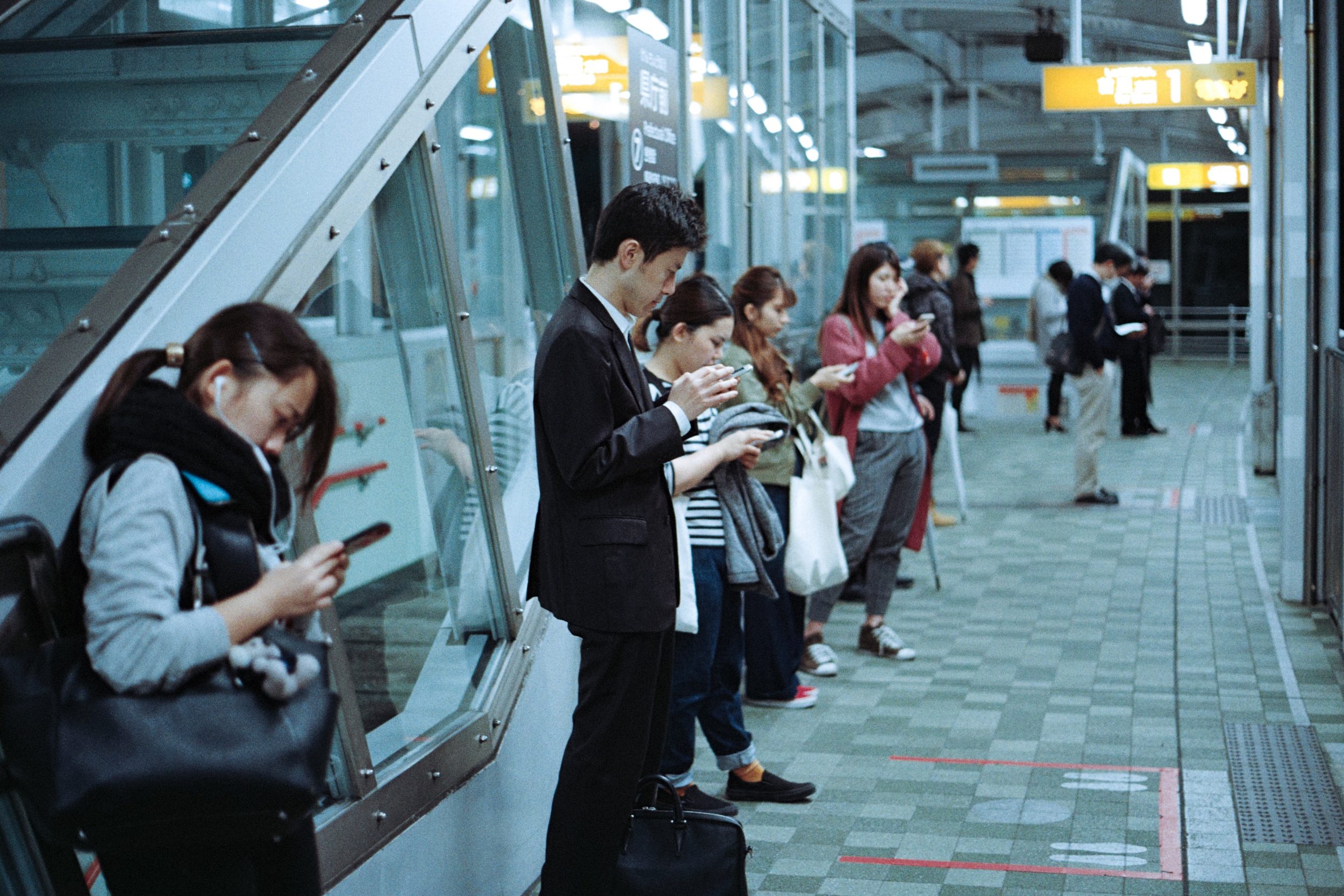 As we move into the last day of campaigning in the 2019 UK general election, Lee Edwards, Associate Professor and Programme Director for the MSc Strategic Communications in the Department of Media and Communications at LSE, reflects on the degree to which election campaigns have become almost undemocratic in the way they are conducted.
As we move into the last day of campaigning in the 2019 UK general election, Lee Edwards, Associate Professor and Programme Director for the MSc Strategic Communications in the Department of Media and Communications at LSE, reflects on the degree to which election campaigns have become almost undemocratic in the way they are conducted.
Democracy, whether representative or participatory, relies on the circulation of adequately detailed and accurate information about problems and policies that concern citizens. Given enough high quality information, citizens should be in a position to express an informed opinion that can be integrated into policy decision-making (for example, through public opinion polls that might guide post-Brexit immigration policy, or focus groups with small businesses, that might shape post-Brexit trade policy). Alternatively, they might be able to participate directly in decision-making themselves (for example, in national referenda).
However, this campaign – and the media coverage that has accompanied it – has not distinguished itself in terms of its focus on quality information. Instead, and as a quick online search will confirm, debates have been marked out as battle grounds and at times, there has been as much focus on the personalities involved as on the policies.
In some countries, personality is important because governmental structures offer the premier a significant amount of power to act independently in policymaking. However, in the UK, as the last few years have demonstrated, the prime minister is not an all-powerful character; the parliamentary system means they have to have the support of their own party, and often of MPs from other parties, to get their policies through. Personality plays into this, but it is misleading to think that personality is more important than policy.
Election as war
The focus on personality exacerbates the presentation of the election as a war of words and ideas, a battle for public opinion. This communications ‘war’ has been characterised by aggressive tactics designed to attack the opposition using any means necessary – deception, defamation, personal attacks, misleading messages. In war, winners subjugate the power of the opposition and require their surrender; in UK politics, however, to win is to have the power to set the political agenda – but not to rule as a demagogue.
The idea of elections as battles or wars is misplaced. Rather, debate should be fostered, by adopting what leading political theorist Chantal Mouffe has called an agonistic approach, where issues may be intensely discussed, with passion and emotion as well as rational argument – but always with mutual respect and a readiness to agree to disagree. Consensus is not always necessary, and winning is not the point.
Misinformation in political advertising
To some extent, the trends in this campaign are a product of the time, where the fraught nature of contemporary British politics and the deadlock over Brexit has created a sense of desperation among both politicians and the public, to get something done (even if that something is not Brexit). But alongside this, the focus on aggressive tactics and personality-led politics is reminiscent of the worst kind of promotional campaigns, rarely seen even in the commercial sector. In fact, as the Coalition for Reform in Political Advertising have argued, there are fewer checks on political advertising than on any other form. The Advertising Standards Authority, which regulates advertising in the UK, explains the exemption of political advertising from their code of practice by arguing that it would be inappropriate to intervene in communication that is part of the ‘democratic process’.
This is clearly a problematic position when the scale of misinformation in an electoral campaign is the very cause of damage to the democratic process. Yet, advertising is only one part of the picture. There is no regulation of public relations campaigns in elections, which go beyond above-the-line adverts to incorporate strategies on social media, traditional media, key message development, crisis responses and (although this is not widely admitted) strategies of leaking information that may help one’s case and hinder the opposition. All these tactics have been in play and some have been more dubious than others.
No time for complexities
To be fair, in a time-pressured context like a four-week election campaign, the challenge for any communications practitioner is to secure immediate attention and visibility on the issues that might tip the balance in their favour. There is no time for detailed discussions of the complexities of policy, or the ways in which the wicked problems we face might require a much more extensive time for their resolution than a four-year term in office. Perhaps, then, it is unfair to expect a campaign to focus on anything other than easy wins, or to deny the advantage that a personality-driven campaign might furnish. Indeed, advocates of political marketing have suggested that marketing in itself is no bad thing, since it delivers a more engaging, audience-centric mode of communicating politics; from this perspective, it might cause citizens to engage more with politics rather than less.
Nonetheless, using marketing and communication techniques in politics without considering the fact that ‘selling’ ideology is a very different thing from ‘selling’ products and services, is a flawed strategy. As political communications scholar Margaret Scammell has noted, if we are to reap the democratic benefits of marketing and strategic communication, we need to evaluate their impact in democratic terms, not in terms of winners and losers, cut-through – or even votes. To what extent, we may ask, are such techniques facilitating genuinely agonistic discussions about generalisable interests, or promoting genuine engagement with a wide range of audiences, including those whose views are opposed? To what extent are they constructing a world where marketing politics is more important than politics itself, where truth is sacrificed and even politicians start to believe their own hype?
Observers have already started to call for a review of the conduct of this electoral campaign, but this will come too late to change current behaviour. In any event, tomorrow we will know the outcome of this particular campaign. Politicians will learn the true measure of how much their personalities – and, perhaps for some, their policies – have engaged the public. Whether they also learn from the democratic and ethical flaws in the communication strategies used, is another matter.
This article represents the views of the author, and not the position of the Media@LSE blog, nor of the London School of Economics and Political Science.





